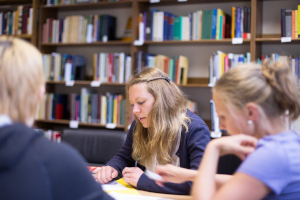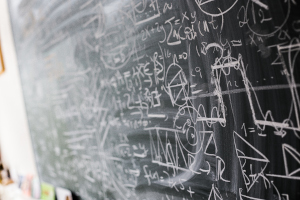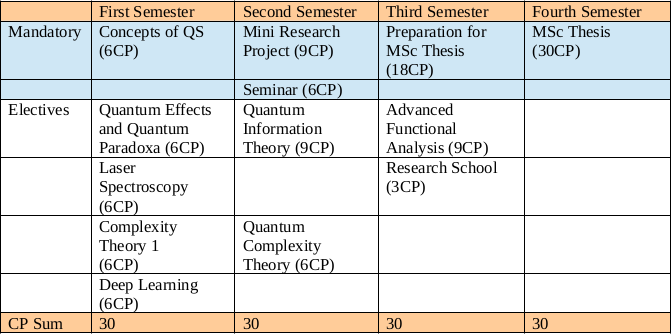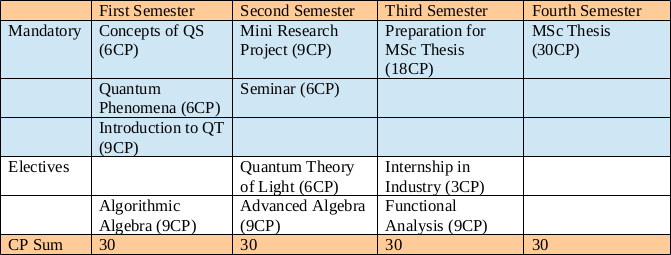Curriculum
In a Nutshell
The MSc Program in Quantum Science covers two years (120CP):
- 1st year: Students take several courses to ensure a solid background in general quantum science and to prepare them for actual research in their chosen specializations.
- 2nd year: Students take some courses and mainly carry out research and write their master thesis as a member of one of the associated research groups.
 General admission is possible for winter semester (lectures starting in October); students with knowledge in quantum physics can also start in summer semester (lectures starting in April). The program does not require knowledge of the German language.
General admission is possible for winter semester (lectures starting in October); students with knowledge in quantum physics can also start in summer semester (lectures starting in April). The program does not require knowledge of the German language.
The following text gives a short overview of the curriculum; detailed information can be found in the Handbook of Modules. (German version, English translation can be found here.)
Structure and Content
In the first three semesters students learn the basic concepts of quantum science. Besides some mandatory courses, students can choose lectures according to their interests. We mainly offer courses focused around the following topics:
- Quantum information theory and foundations of quantum mechanics
- Experimental quantum optics and nano-optics
- Algebra, discrete optimisation, geometry and number theory
- Applied analysis and numerics
- Theoretical computer science
- Sensorics and Communication
- Machine learning
These themes correspond to the topics of our research groups. In addition to lectures, master students have to do a mini research project and a seminar.
The second year is mainly devoted to the MSc thesis, which is prepared in one of the research groups. The aim of the thesis is to deliver a contribution to current research in quantum science. The excellent student-to-staff ratio at the departments implies a direct supervision and it occurs regularly that results from MSc theses are published in international scientific journals.
In general, a MSc degree is a precondition to enter a doctoral program in Germany. The PhD research is performed in one of the research groups and prospective PhD students have to find a professor who is willing to supervise their work. Typically, PhD theses last 3-4 years and PhD students get financial support.
Curriculum
 The master can be studied in two variations:
The master can be studied in two variations:
- with previous knowledge in quantum mechanics ("Q"),
- without previous knowledge in quantum mechanics ("NQ").
Depending on the variation, the master is structured as follows.
Variation Q:
- First year:
- Concepts of Quantum Science (6 CP)
- Seminar: Quantum Science (6 CP)
- Mini Research Project (9 CP)
- Electives (39 CP)
- Second year:
- Electives (12 CP)
- Preparation Project (18 CP)
- Master Thesis (30 CP)
Variation NQ:
- First year:
- Concepts of Quantum Science (6 CP)
- Seminar: Quantum Science (6 CP)
- Mini Research Project (9 CP)
- Quantum Phenomena (6 CP)
- Introduction to Quantum Theory (9 CP)
- Electives (24 CP)
- Second year:
- Electives (12 CP)
- Preparation Project (18 CP)
- Master Thesis (30 CP)
Example Curricula
Example Curricula for Variations “Q” and “NQ" for students interested in different topics can be found here.
Example of a curriculum for a student of variation "Q" interested in theoretical physics:

Example of a curriculum for a student of variation "NQ" interested in mathematics:


